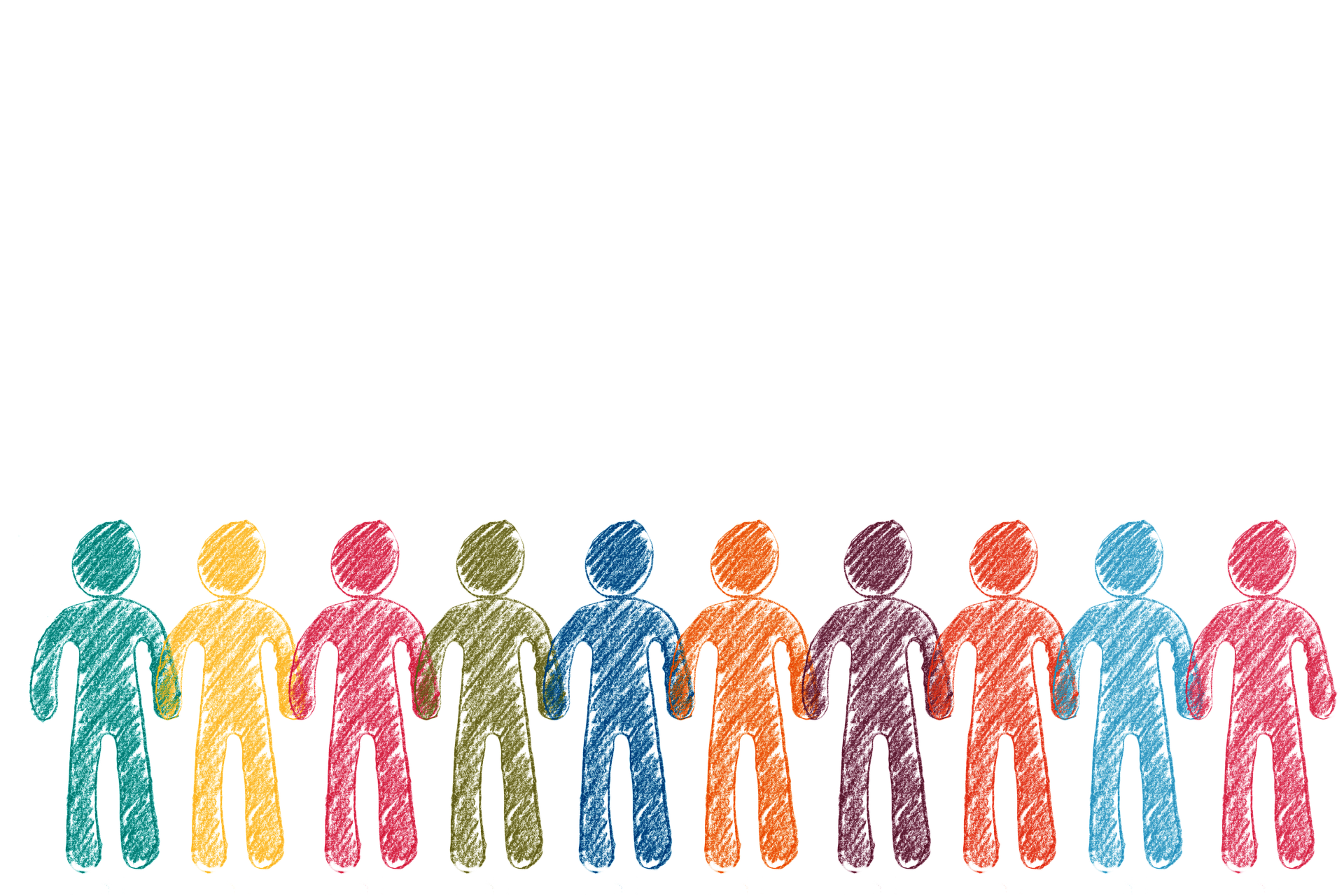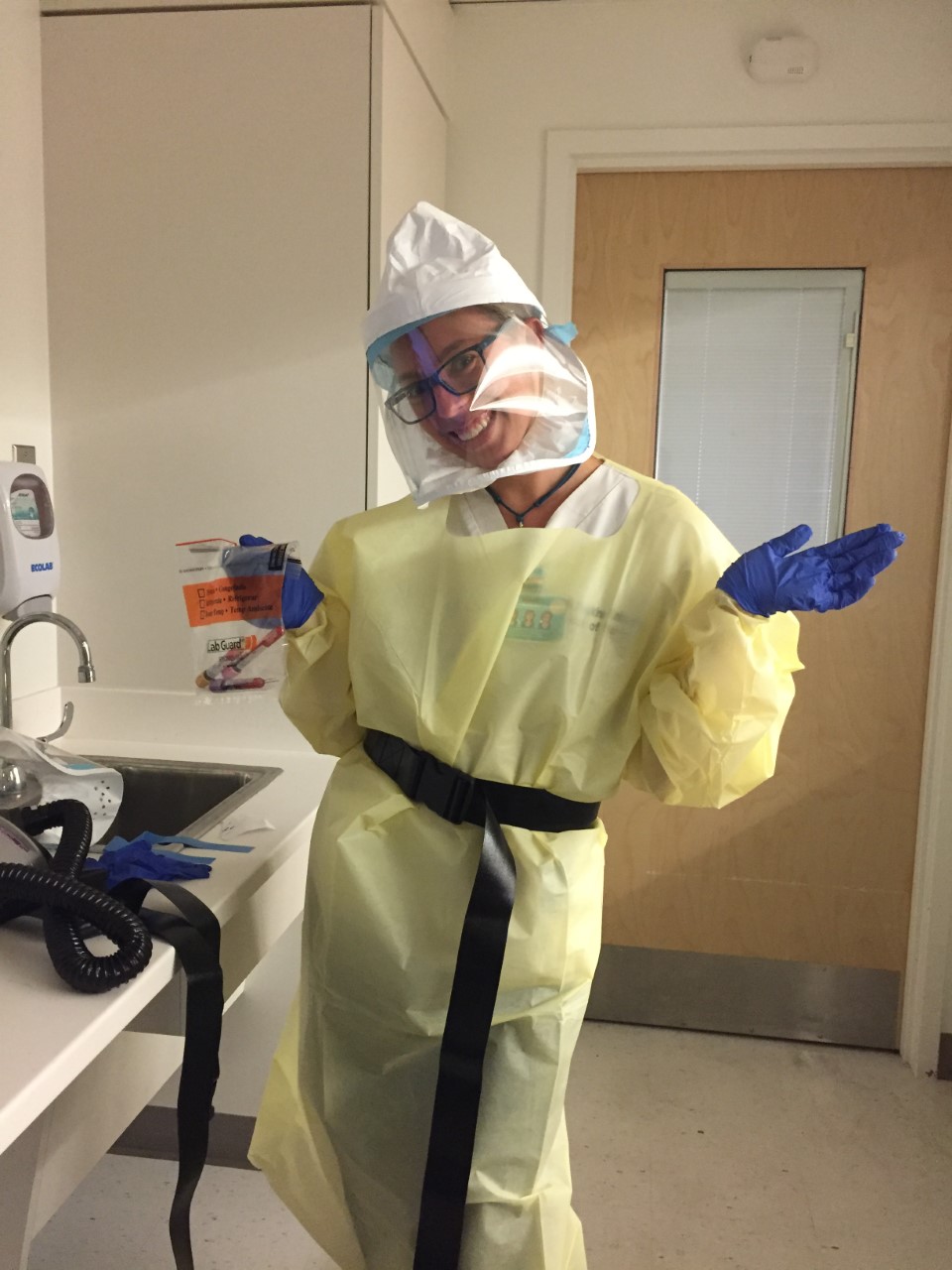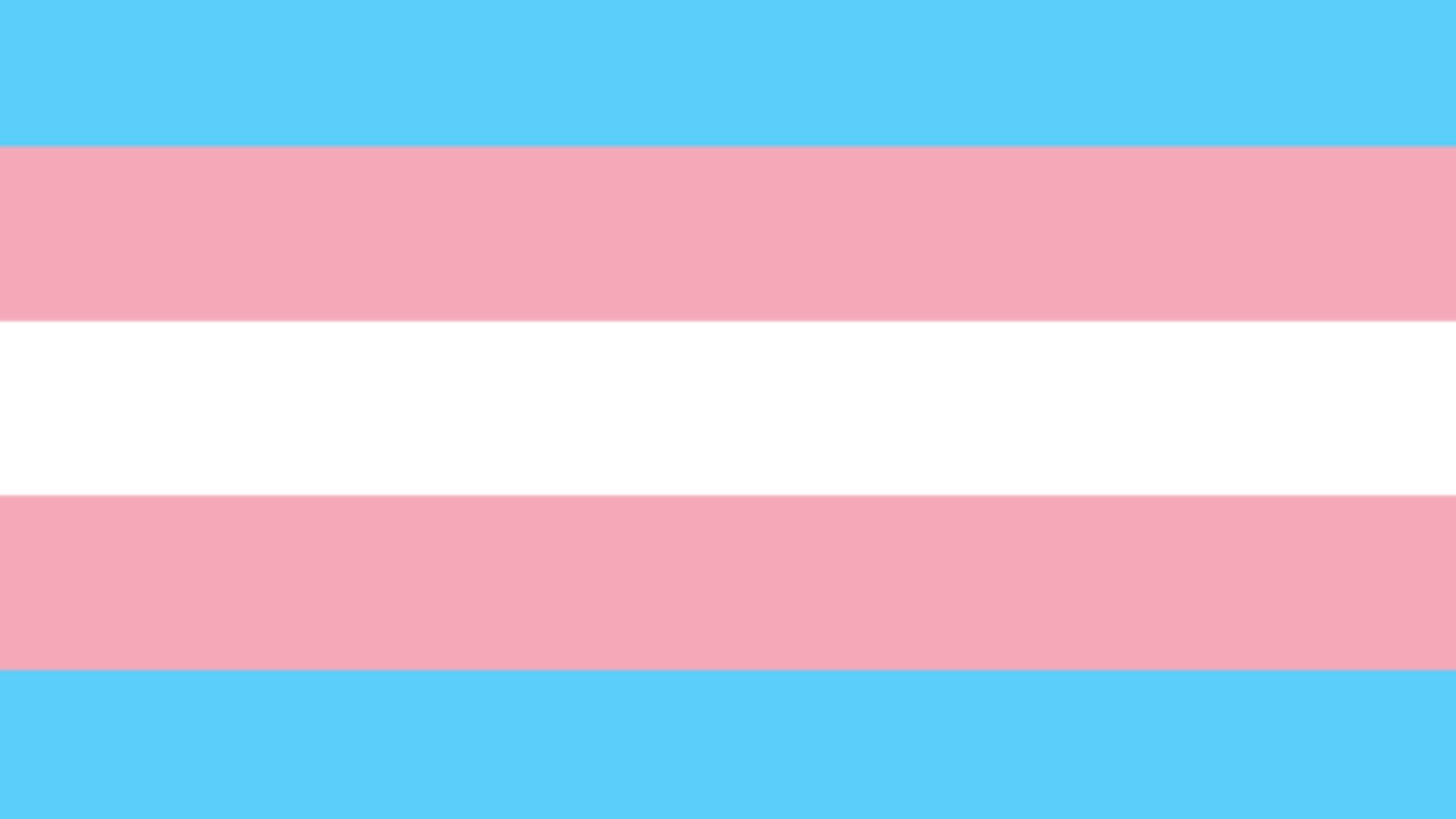Written by Alex Nava
The first provision in The Code of Ethics for Nurses reads, “the nurse practices with compassion and respect for inherent dignity, worth, and personal attributes of every person, without prejudice” (ANA, 2014).
On this year’s National Coming Out Day on October 11, I contemplate the future of the LGBTQ+ community in America as two Supreme Court justices come forward with their desire to overturn Obergefell v. Hodges, the landmark case that legalized gay marriage. I think about the historical arc of the LGBTQ+ rights movement and all the painstaking work, activism, and sacrifice that it took for us to get where we are today. I think about the parallels between the global pandemic we’re living in and the injustices of the AIDS crisis in the 1980s.
I also think about the unique role of the nurse as patient advocate, whose duty it is to ensure the patient is treated with dignity and with their full humanity recognized.
Unbeknownst to many, there are a great number of anxieties for LGBTQ+ patients around coming out to their health care providers. Patients think: Am I safe in disclosing what I’m about to disclose? Will my best interests be kept in mind, or will their prejudice guide their treatment plan? Are they educated about the treatment options I’m looking for (PrEP? Hormone therapy? Gender affirmation surgery?).
When being seen by a health care provider, the onus of coming out is on the patient, since the patient must operate within the heteronormative framework that is medicine. Nurses and medical providers, however, can ease this burden of “coming out” with small but powerful markers of support: wearing a rainbow pin, using gender-inclusive options on intake forms, asking for a patient’s preferred name. These expressions of affirmation and acceptance tell the patient: we see you and you are welcome here.
In addition to these tokens of acceptance, nurses are tasked with becoming educated on LGBTQ+ health issues that inform and guide nursing practice. As we’ve learned the entirety of our program, it is evidence-based practice that informs our care of patients, and that includes the care of patients in the LGBTQ+ community.
All of this takes some personal reflection; it takes recognizing the heteronormative framework of our everyday life and stepping back from it, acknowledging where we lie within that framework, taking it upon ourselves to continue to learn from and about populations that have been historically marginalized, and embody justice through our actions.
I don’t know what the historical moment brings for the LGBTQ+ community, but whatever it is I know that we are a resilient, creative, and tenacious people. I hope that one day there will be no need to come out anymore, that people are simply accepted for who they are. Until then, as nurses and arbiters of social justice we are tasked with doing that work until the field of medicine catches up.
This blog was written for International Pronouns Day under the leadership and strategic direction of the Office of Diversity, Equity and Inclusion, led by Associate Dean Gloria Ramsey.
Read more:
- Learning Resources — Learning Modules
- Creating a Welcoming and Safe Environment Environment for LGBT People and Families
- LGBT Resources for Practitioners
- Share Your Pronouns, No Matter Who You Are
- What If There’s No Such Thing as “Passing” for Your Gender?

ABOUT THE AUTHOR: ALEX NAVA
Alex Nava is a MSN (Entry Into Nursing) candidate at Johns Hopkins School of Nursing. He is a board member for the Gertrude Stein Society (GSS) at JHSON and the Latinx Health Advocacy Group. Previously, he earned a Bachelor’s degree in History of Science, History of Medicine from Yale University with a concentration in Public Health, Race, and Migration. His nursing interests include psychiatry and public health as they relate to the LGBTQ+ community. He hopes to work toward filling in the practice & knowledge gaps within the burgeoning field of LGBTQ+ health by way of advanced nursing practice, advocacy, and activism.

 Nurses, Ask for Pronouns to Signal Your Allyship—It’s More Important Than Ever
Nurses, Ask for Pronouns to Signal Your Allyship—It’s More Important Than Ever When the Past Shapes the Future
When the Past Shapes the Future Share Your Pronouns, No Matter Who You Are
Share Your Pronouns, No Matter Who You Are What If There’s No Such Thing as “Passing” for Your Gender?
What If There’s No Such Thing as “Passing” for Your Gender? A Safe Space for Kings, Queens, and In-Betweens
A Safe Space for Kings, Queens, and In-Betweens







